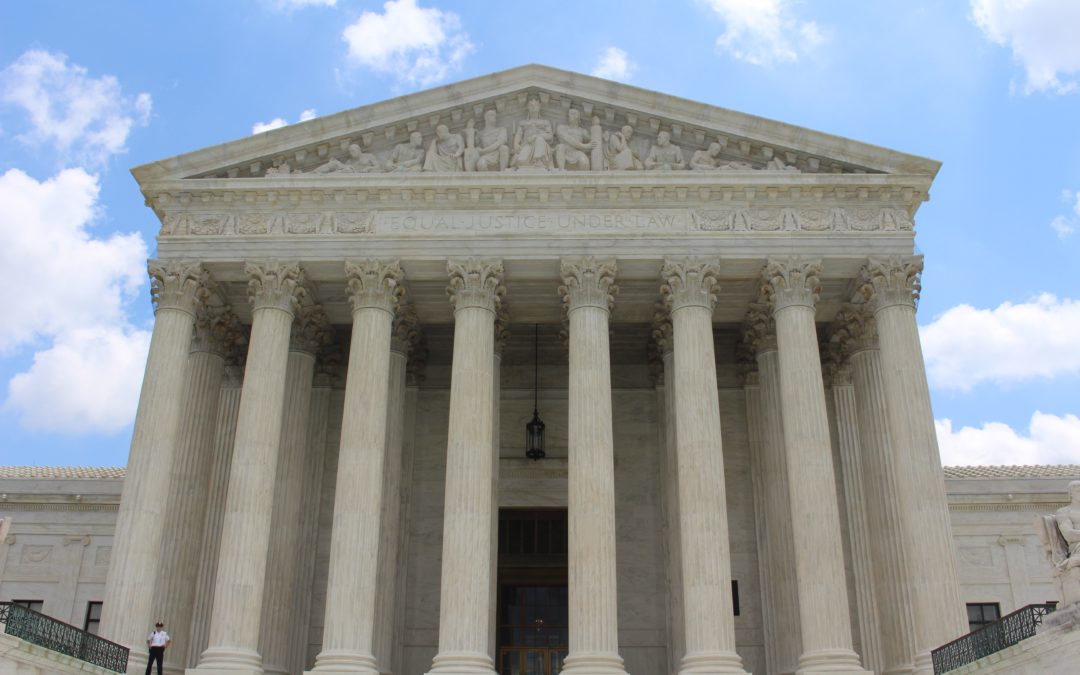Welcome to This Week in Civil Rights and Civil Liberties. As the nation reflects on Ketanji Brown Jackson’s historical confirmation to the Supreme Court, many states are ramping up book banning efforts and attempting to pass more anti-abortion and anti-LGBTQ laws. Additionally, the Supreme Court considers weighing in on the length of solitary confinement as a form of punishment.
On April 7th, Kentanji Brown Jackson, a Harvard University and Harvard Law School alum, was confirmed to the Supreme Court with 53 yeas to 47 nays in the Senate. Judge-designate Jackson’s remarks noted that even though it “[took] 232 years and 115 prior appointments for a Black Woman to be selected to serve on the Supreme Court of the United States,” her nomination signifies that anything is possible in America.
Over the past year, libraries in the U.S have seen the most significant increase in attempts to ban more than 1,597 books from libraries, schools, and universities since the American Library Association (ALA) started tracking book ban attempts in 2000. Most of the targeted books are written by or about Black or LGBTQIA+ people. The most brazen attacks on banning books and limiting information to students come from Florida. The Florida Department of Education announced that 41% of the textbook—primarily elementary math books—submitted for math were rejected for reasons related to “including Critical Race Theory (CRT), inclusions of Common Core, and the unsolicited addition of Social Emotional Learning (SEL) in mathematics.” Additionally, Florida Gov. Ron DeSantis is expected to sign the Stop W.O.K.E Act, which would limit protected speech about racial and gender systemic injustice and discrimination in workplaces and classrooms. This projection follows Gov. DeSantis’ approval of House Bill 1467, which gave parents a procedure to challenge and ask for the removal of certain books—mainly literature by or about Black or LGBTQIA+ people—available in school libraries.
Oklahoma and Florida both signed anti-abortion bills into law. In Oklahoma, the law effectively bans abortion by making it a felony punishable by up to ten years in prison and a $100,000 fine. Proponents of the bill say it would even apply to Oklahoma doctors providing abortion medication. Gov. Ron DeSantis signed a bill banning abortions after 15 weeks. Florida’s bill is one of the many recently passed bills that models the Mississippi law at issue in a Supreme Court case, Dobbs v. Jackson Women’s Health Organization.
The Tennessee state legislature ended its session by killing a bill introduced to create a new marriage contract that excludes same-sex couples. The bill maintained that only couples defined by TN’s 2006 marriage referendum are eligible for a marriage based on common law principles. Tennessee’s marriage referendum defines a legally recognized marriage as between “one man and one woman,” which would necessarily exclude same-sex couples from obtaining the common law marriage recognition. This would have been a potential regulatory scheme for states’ to bypass the Supreme Court’s 2015 ruling in Obergefell that overturned the enforceability of TN’s marriage referendum.
The Supreme Court will decide whether to hear a case where the petitioner claims a 27-year solitary confinement sentence violates the Eighth Amendment. After spending more than 26 years in isolation, Dennis Hope has the opportunity to have the court weigh in on a form of punishment characterized by many as a form of torture.

